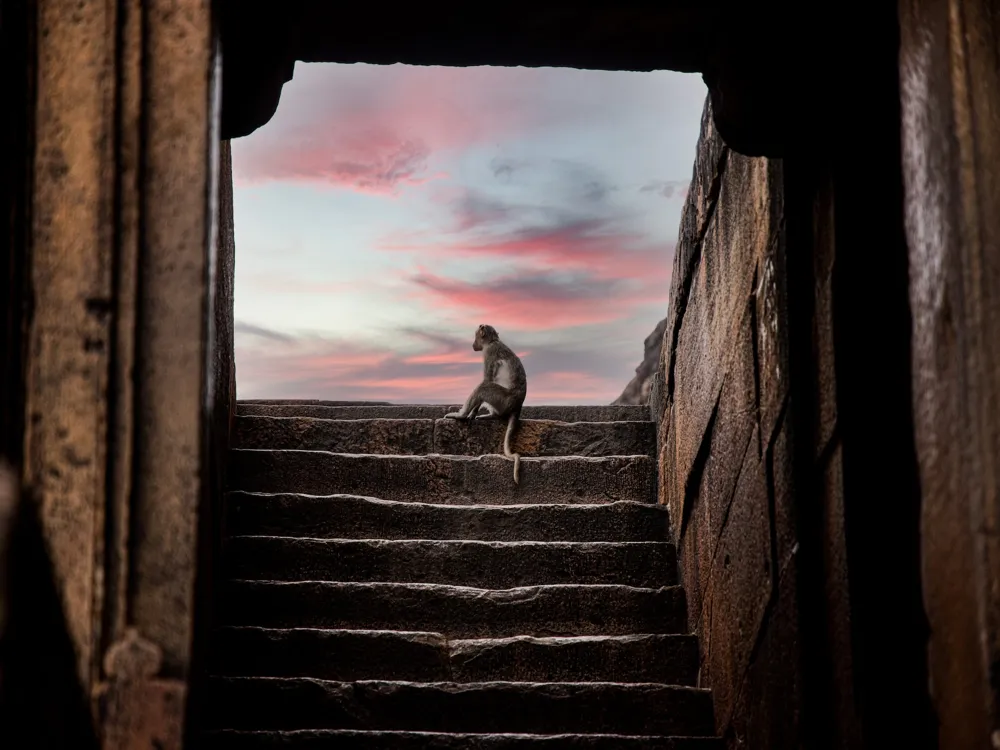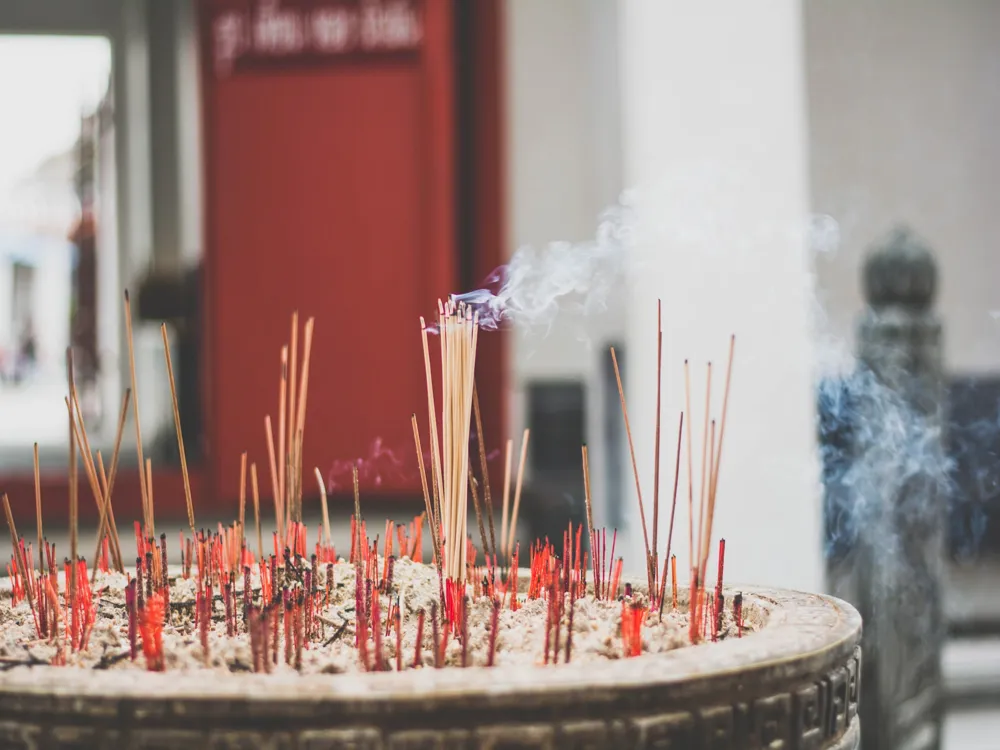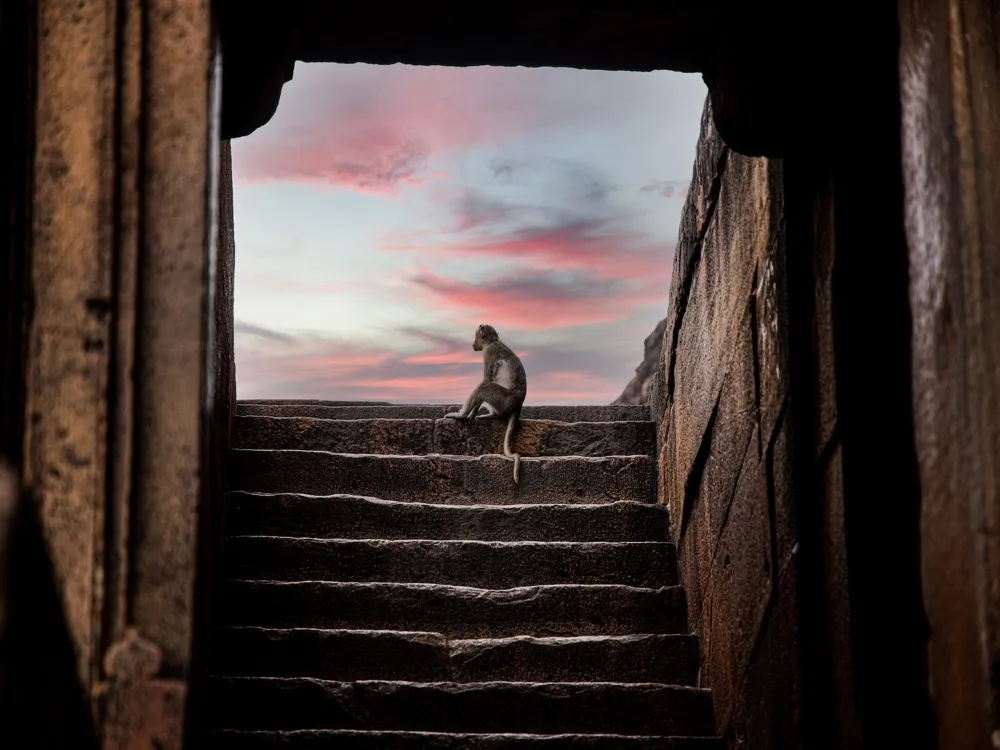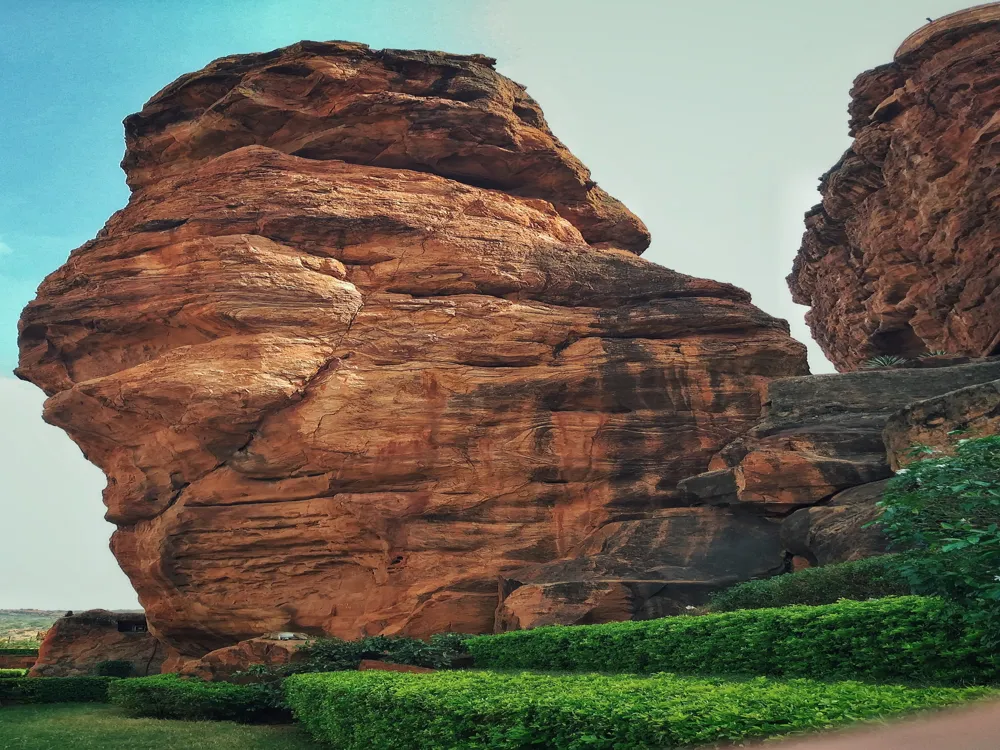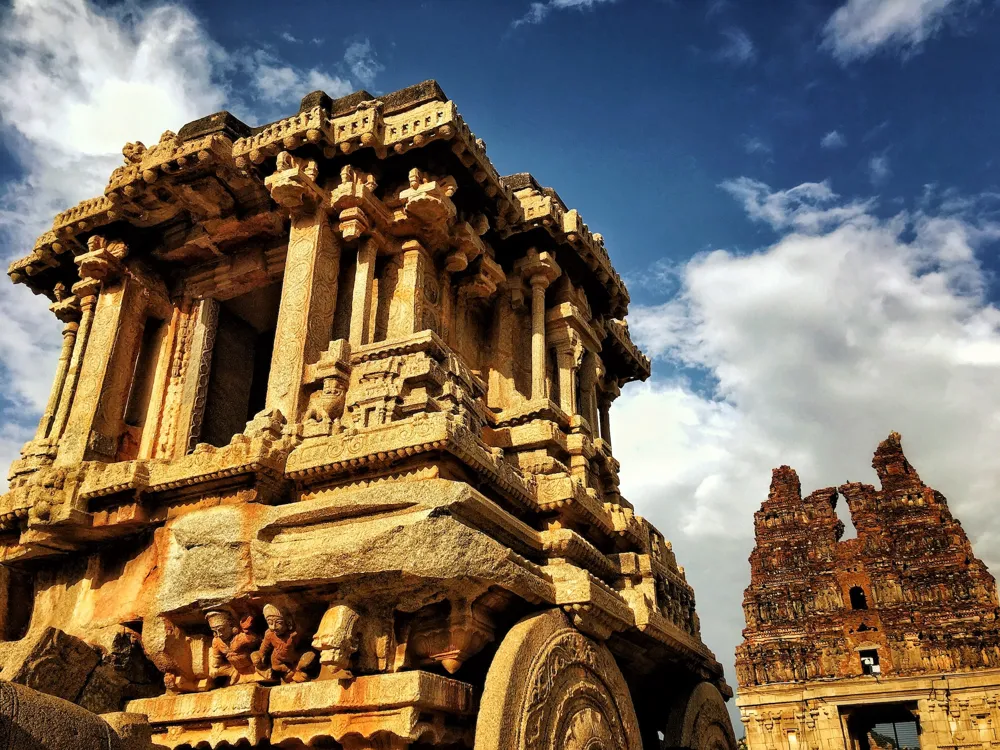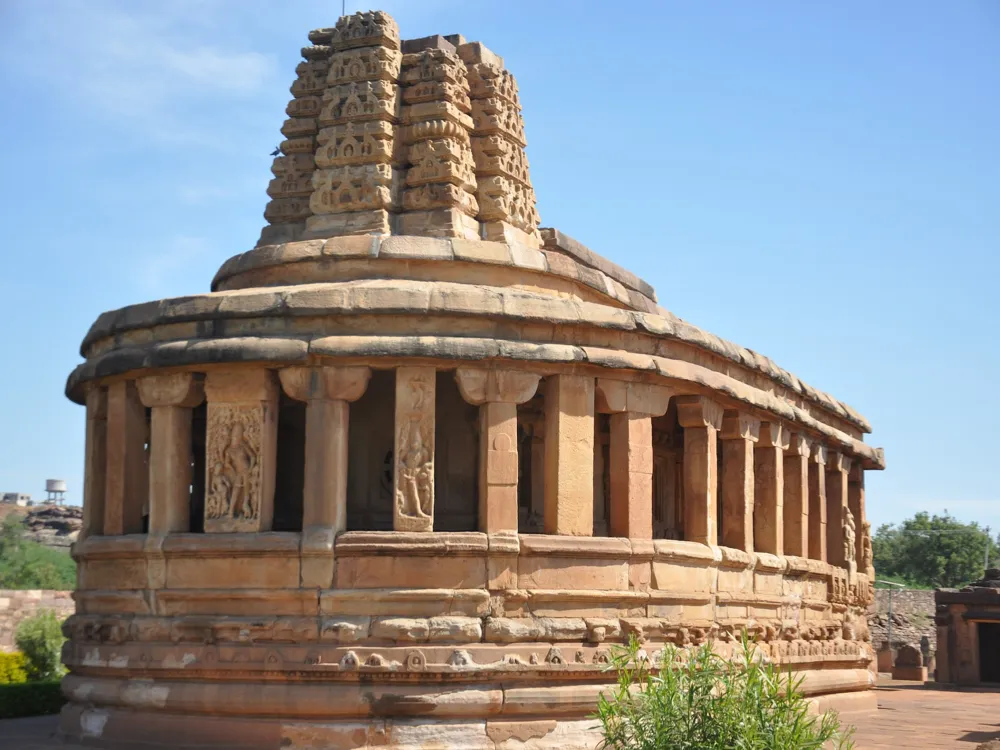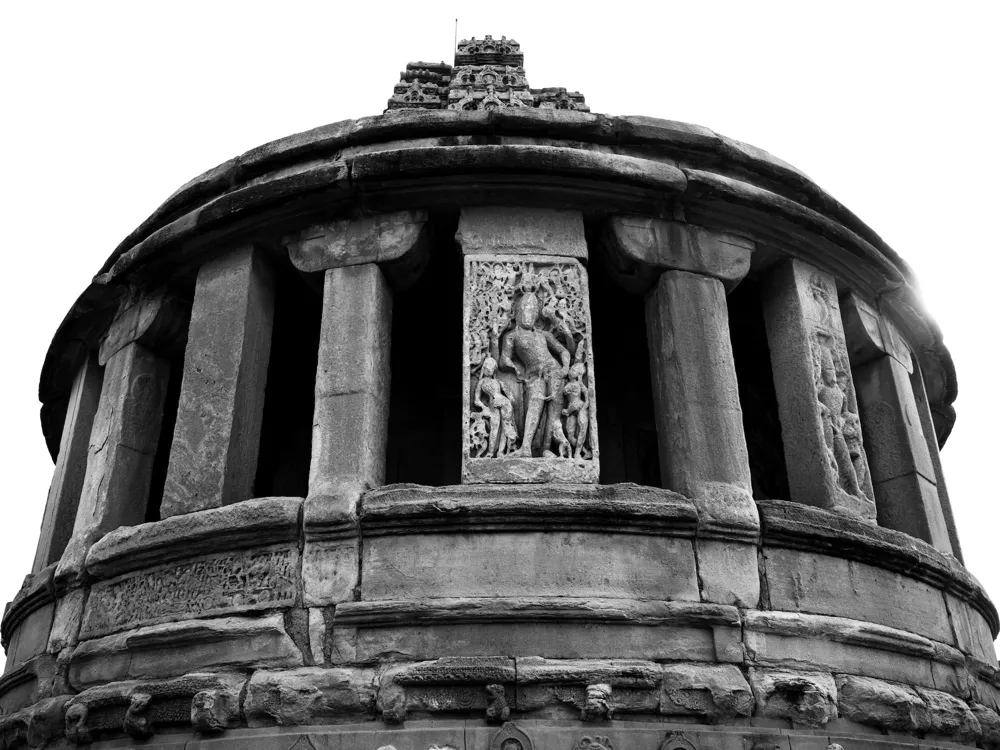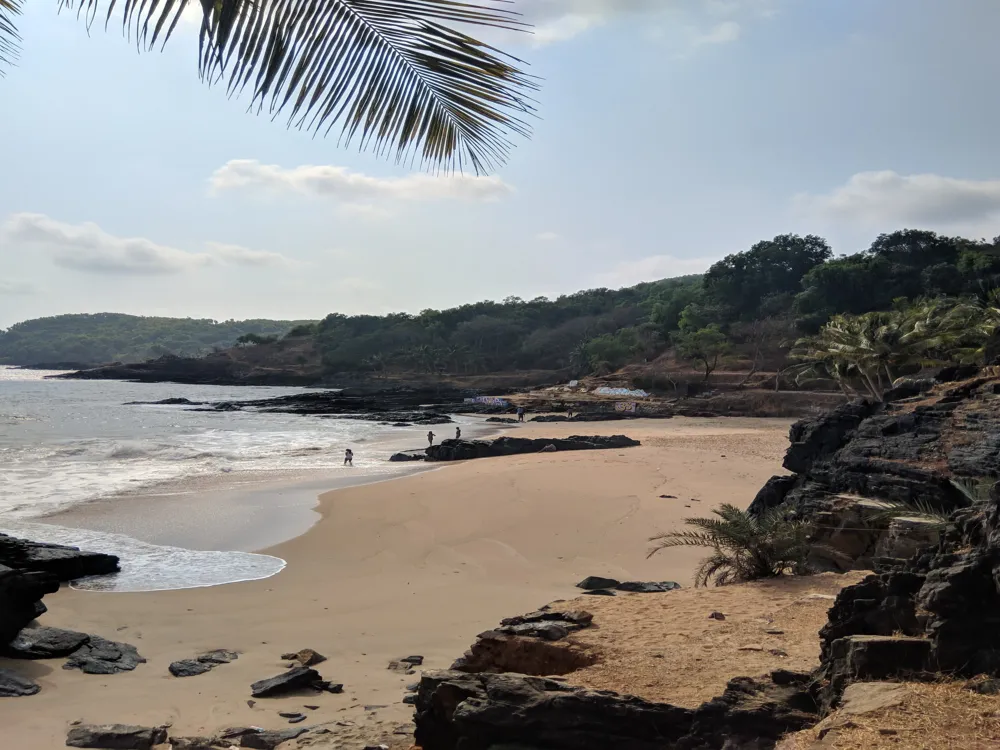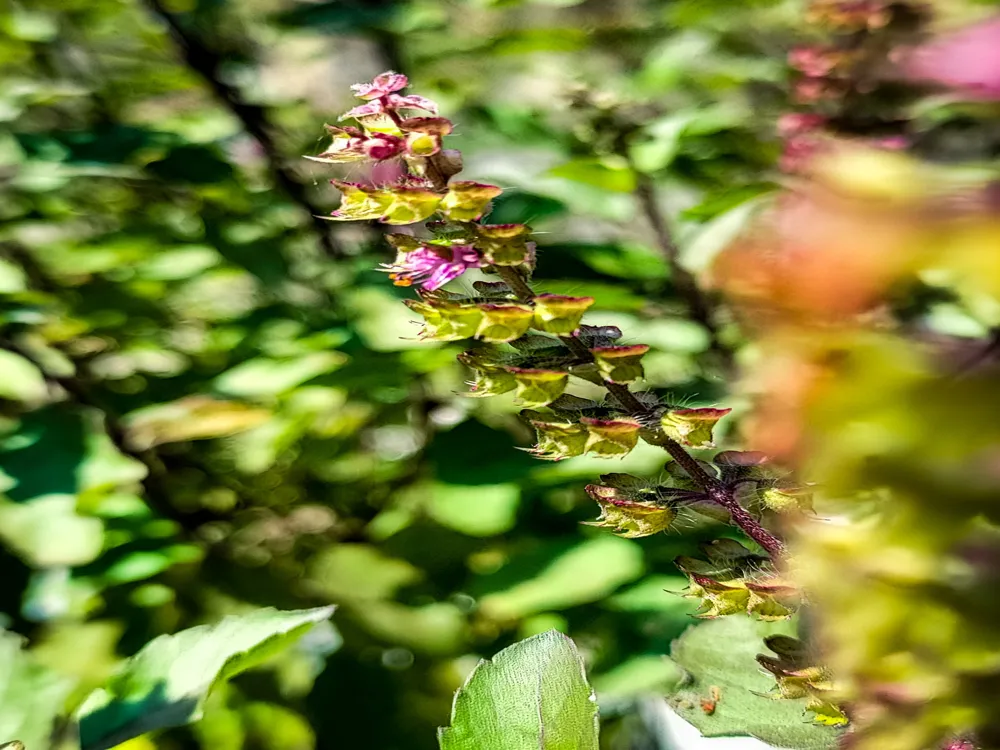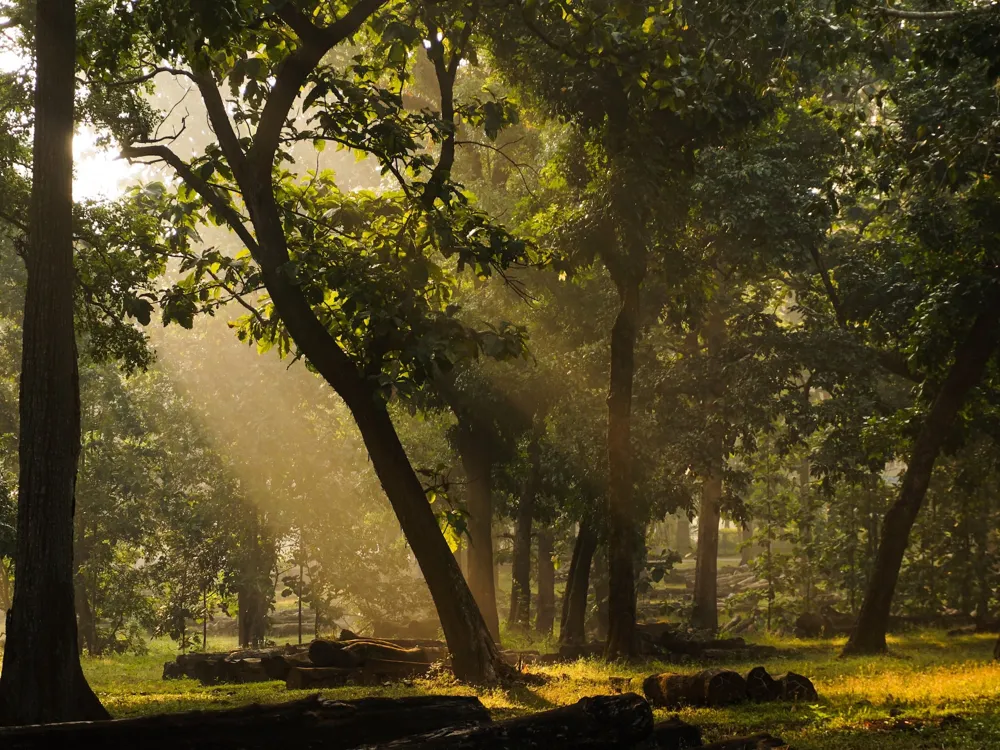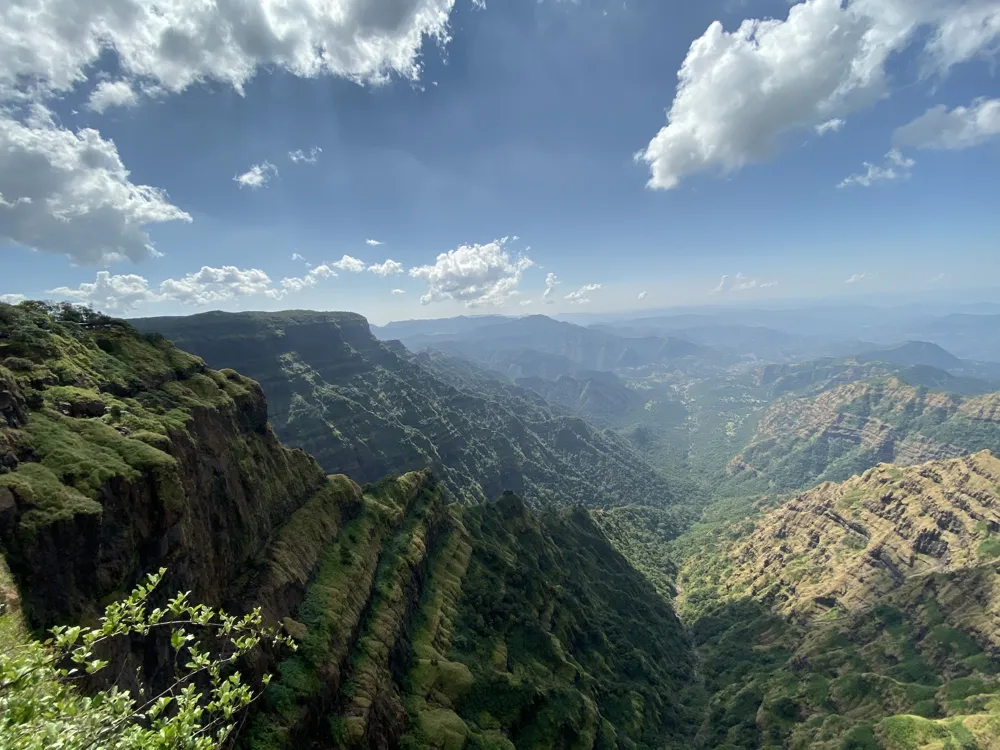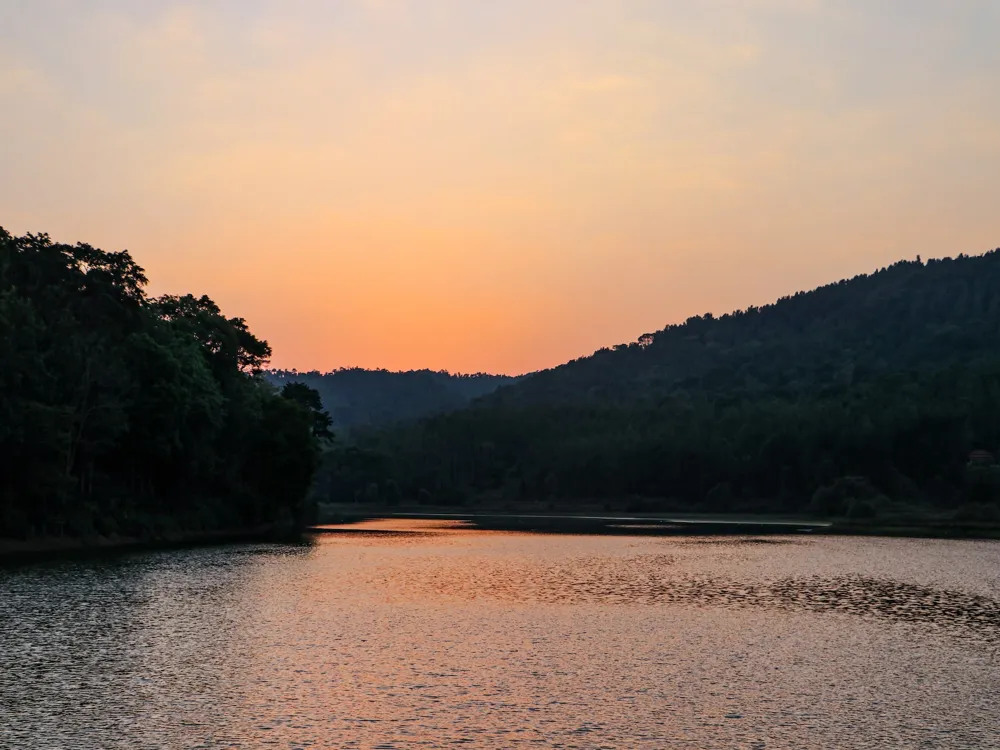The Archaeological Museum of Badami, located in the Indian state of Karnataka, is a treasure trove of historical and cultural artifacts that offer a glimpse into the region's rich heritage. Established in the 19th century, the museum houses an extensive collection of sculptures, inscriptions, and artifacts dating back to the Chalukya dynasty, which ruled the area between the 6th and 12th centuries. Visitors to the museum can explore four galleries, each dedicated to different aspects of the region's history and culture. The first gallery showcases prehistoric tools and weapons, providing insight into the lives of early inhabitants of the region. The second gallery is home to a collection of sculptures and architectural elements from the Chalukya period, including intricately carved stone panels and statues of Hindu deities. The third gallery features inscriptions in ancient scripts, offering a glimpse into the linguistic evolution of the region. Finally, the fourth gallery displays a variety of coins, pottery, and other artifacts that shed light on the trade and daily life of the Chalukya era. Beyond its impressive collections, the Archaeological Museum of Badami is known for its interactive exhibits and educational programs. These initiatives aim to engage visitors of all ages and backgrounds, making the museum an ideal destination for families, history enthusiasts, and scholars alike. The architecture of the Archaeological Museum of Badami is as captivating as the artifacts it houses. The museum building itself is a fine example of modern Indian architecture, blending traditional elements with contemporary design. The structure is characterized by its clean lines, spacious galleries, and large windows that allow natural light to illuminate the exhibits. The museum's design pays homage to the region's architectural heritage. Elements such as ornate stone carvings and arched doorways echo the styles of the ancient temples and structures found in and around Badami. The use of local materials in the museum's construction further ties it to the region's history and landscape. The museum's layout is thoughtfully designed to guide visitors through the galleries in a logical and immersive sequence. Each gallery transitions smoothly to the next, ensuring a cohesive and educational experience. The building is also equipped with modern amenities, including air conditioning and accessibility features, to ensure a comfortable visit for all guests. Before visiting the Archaeological Museum of Badami, it's advisable to check the museum's operating hours and any special events or exhibitions that might be taking place. Planning will help you make the most of your visit and ensure you don't miss any highlights. As the museum is a place of cultural significance, visitors are encouraged to dress modestly. Comfortable walking shoes are recommended, as you will likely spend several hours exploring the galleries and exhibits. While photography may be allowed in certain areas of the museum, it's important to be mindful of any restrictions. Flash photography and the use of tripods may be prohibited to protect the artifacts. Consider joining a guided tour to enhance your experience. Knowledgeable guides can provide deeper insights into the museum's collections and the history of the region. The Archaeological Museum of Badami is well-connected and accessible by various modes of transportation. The nearest major city is Hubli, which is approximately 100 kilometers away. Visitors can reach Badami by train, with the Badami railway station being just a few kilometers from the museum. Additionally, regular bus services connect Badami to other major cities in Karnataka. For those who prefer to drive, the museum is accessible via well-maintained roads that offer a scenic journey through the countryside. Read More:Overview of the Archaeological Museum of Badami, Karnataka
Architecture of the Archaeological Museum
Tips When Visiting the Archaeological Museum
Plan Your Visit
Dress Appropriately
Photography Guidelines
Guided Tours
How To Reach the Archaeological Museum
Archaeological Museum
Badami
Karnataka
NaN onwards
View badami Packages
Badami Travel Packages
View All Packages For Badami
Top Hotel Collections for Badami

Private Pool

Luxury Hotels

5-Star Hotels

Pet Friendly
Top Hotels Near Badami
Other Top Ranking Places In Badami
View All Places To Visit In badami
View badami Packages
Badami Travel Packages
View All Packages For Badami
Top Hotel Collections for Badami

Private Pool

Luxury Hotels

5-Star Hotels

Pet Friendly














